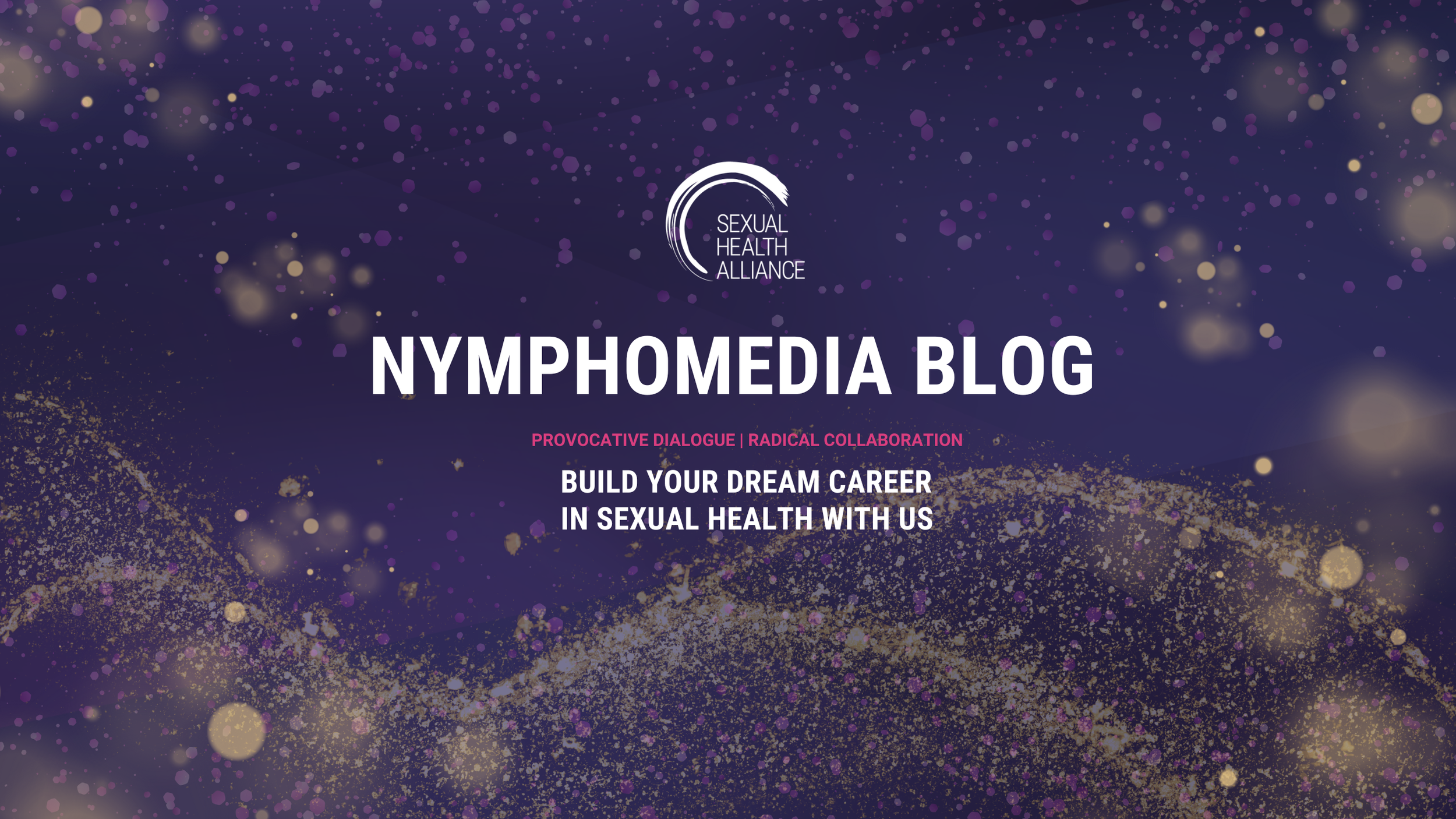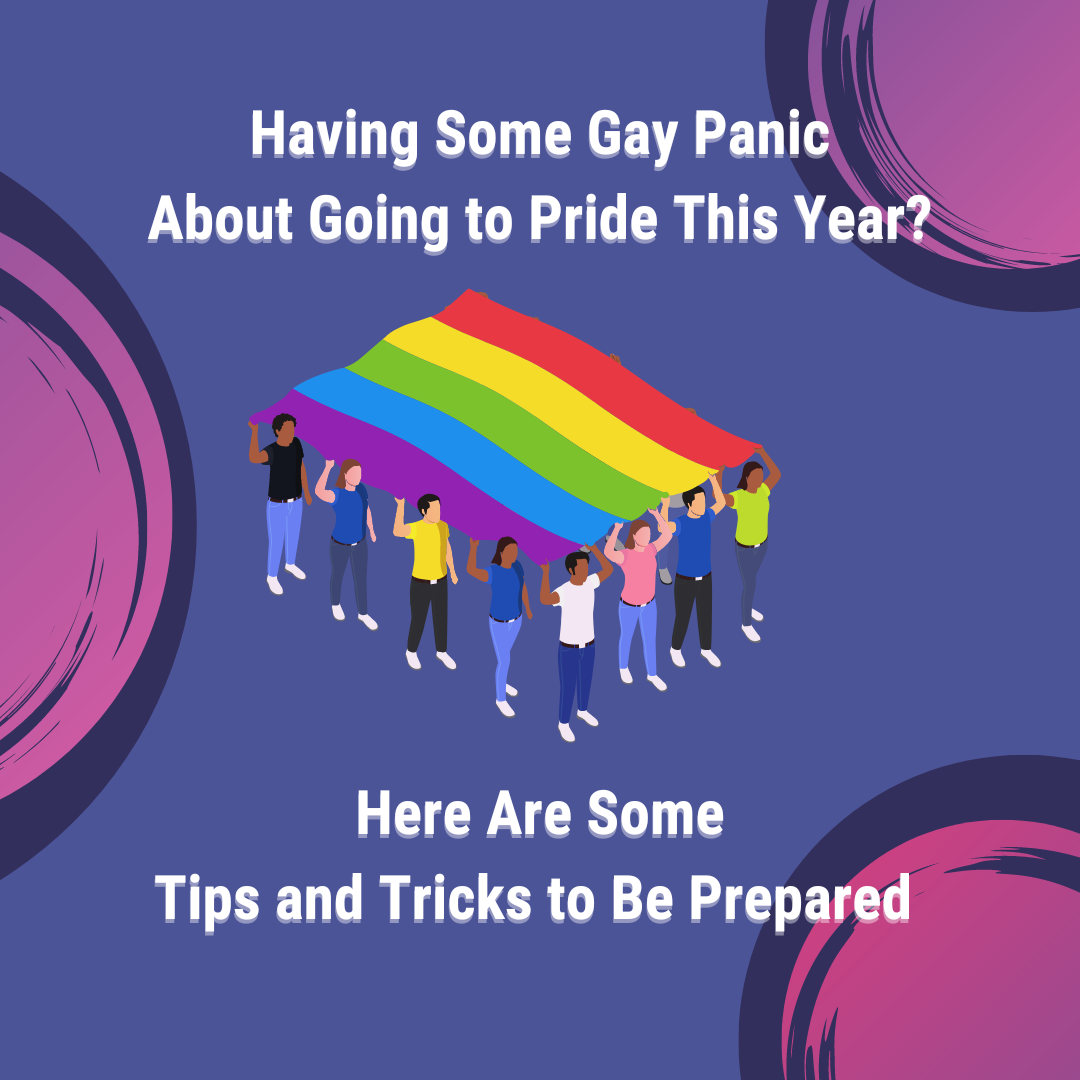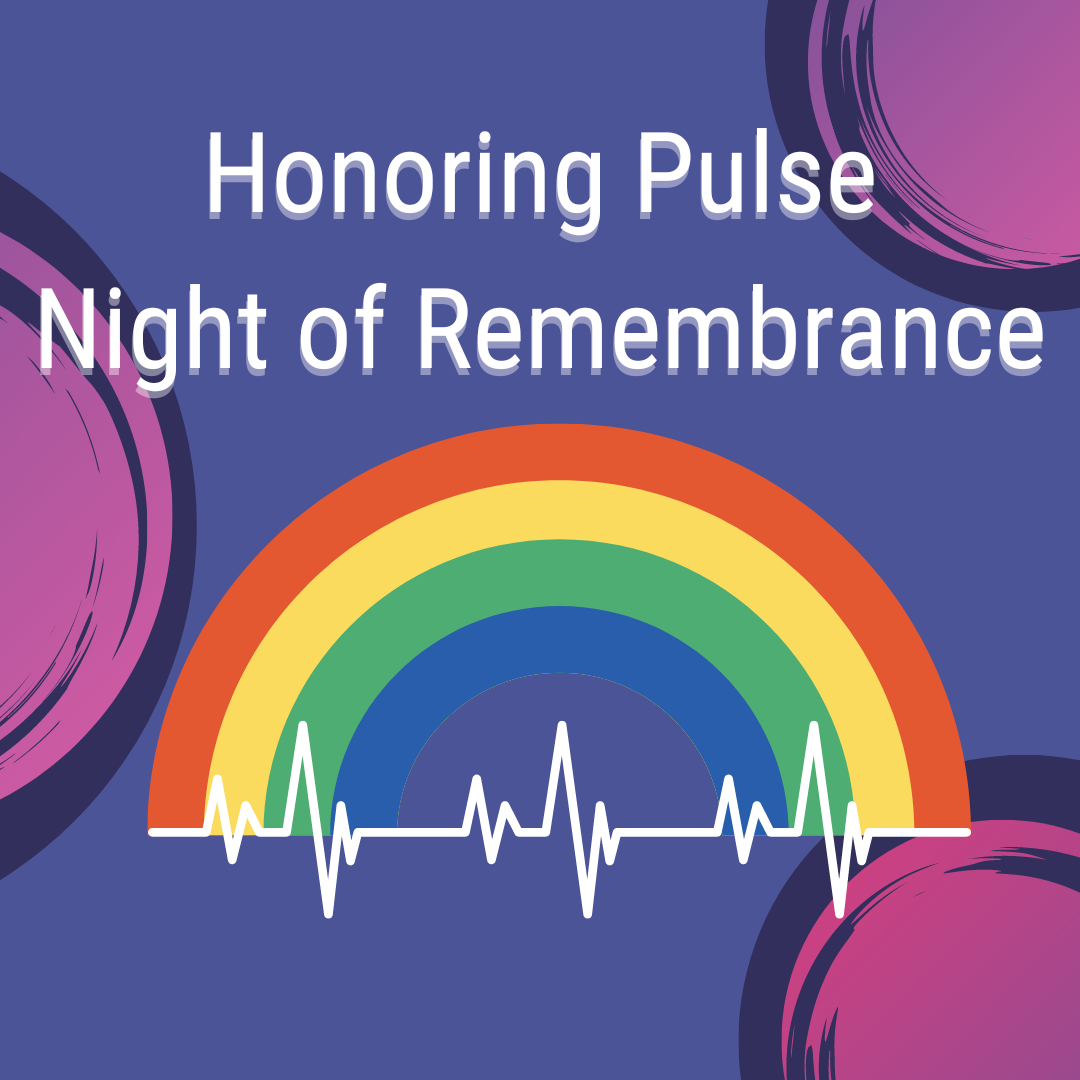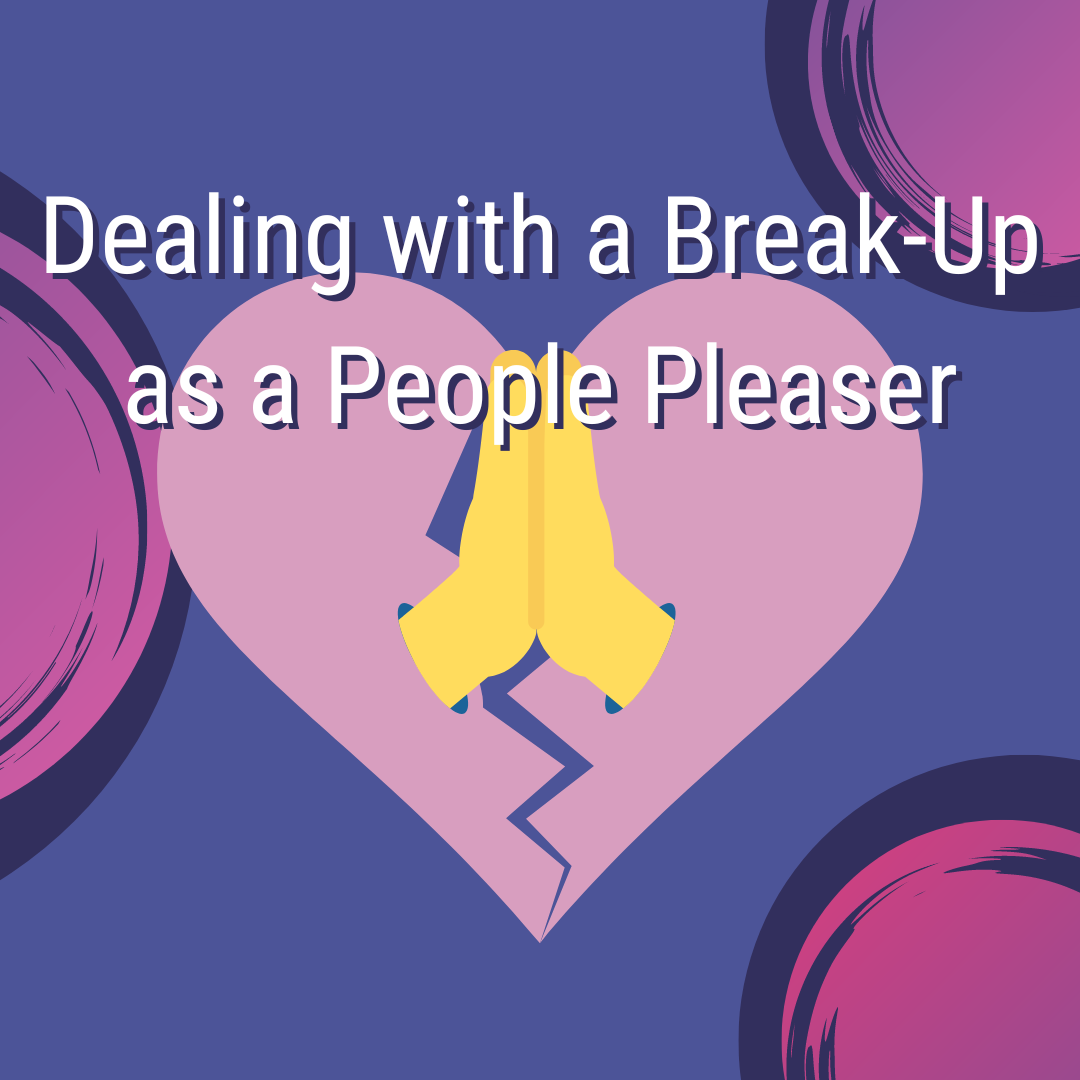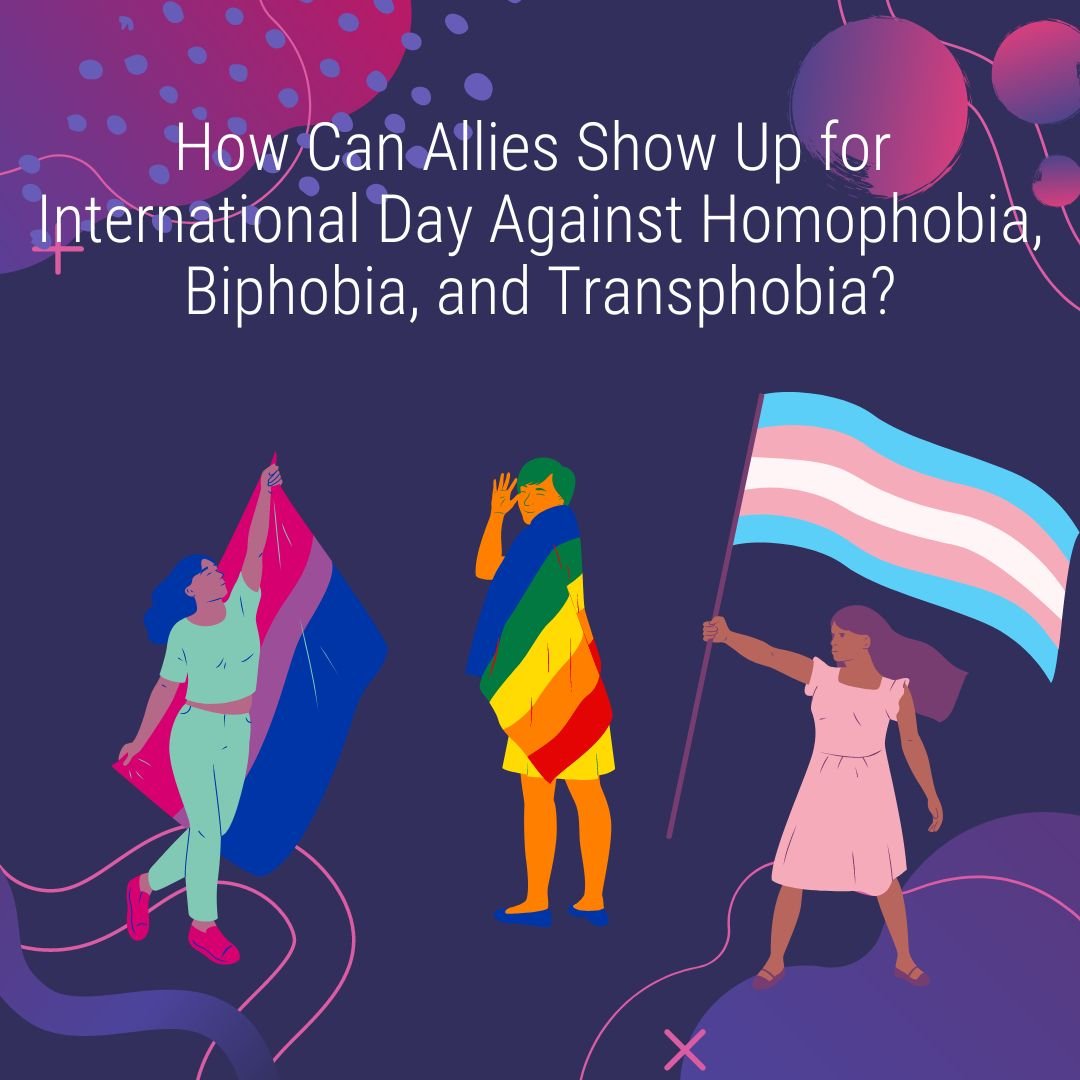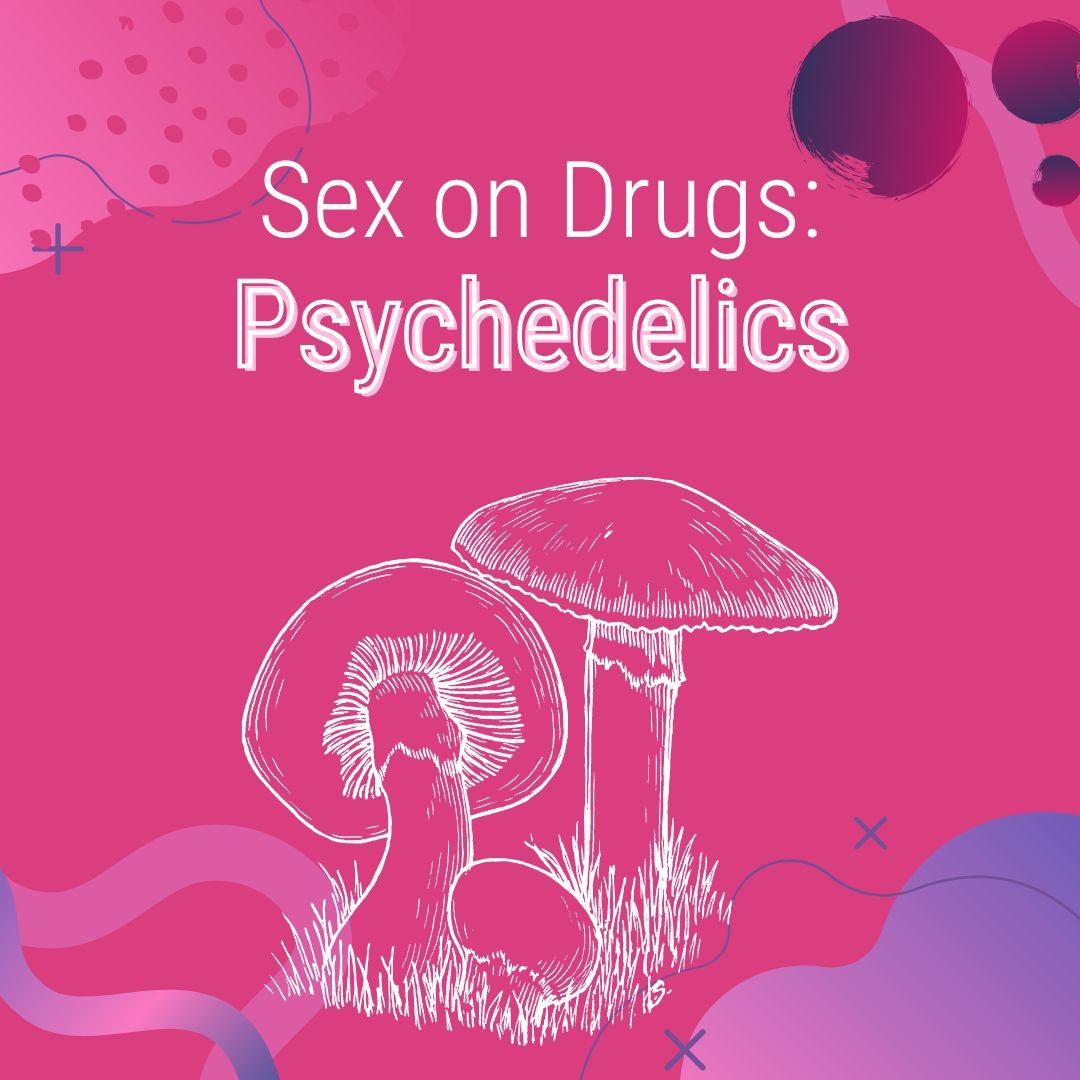Growing up as queer, femme-presenting, white person in Spain, I have experienced difficulties and complexities in navigating sexual development and exploration. Homophobia and misogyny are still part of Spanish culture, and anti-LGBTQIA+ violence is experienced regularly—as seen in 2021, when Samuel Luiz died following a homophobic attack outside nightclub. People often disregard your sexuality through seeing it as a “phase” and calling your partner(s) your “special friend,” or they hyperfocus on it, hypersexualize you and your partner(s), call you slurs, … the list goes on. As with my previous piece, ”Honoring Pulse Night of Remembrance",“ I feel it is important to remember that the fight for equality is not over, and that Pride—although a celebration—is also a protest.
How Transgender Women Are at an Increased Risk for HIV/AIDS
It’s June 5th, 1981, and you’ve just picked up the latest edition of the Morbidity and Mortality Weekly Report, produced by the Center for Disease Control. In this report, you find out that five once-healthy and thriving gay men have been infected with a rare type of lung infection by the name of Pneumocystis Carinii Pneumonia. A bit after this report is produced, however, what you had come to know as Pneumocystis Carinii Pneumonia will take on a new name, and the five men will have sadly passed. June 5th, 1981 marks the first-ever reporting of Acquired Immunodeficiency Syndrome, otherwise known as AIDS.
Living with Herpes
I can’t even begin to count the number of stigmas surrounding STIs—that is, s-xually transmitted infections. Remember when people refused to shake hands with others who had HIV/AIDS? Yeah, people thought they would get AIDS from simply touching someone infected. Princess Dianna went from being an iconic princess to an iconic queen that fabled day, because she decided to back scientific findings on HIV/AIDS and shake infected patients’ hands. Or remember when people wouldn’t share bathrooms with others with STIs? All kinds of unfounded stigmas like this exist, especially toward one STI in particular: herpes!
Are You a Heterofatalist/Heteropessimist?
I cannot count how often I’ve heard straight women say, “I wish I were gay; it would be so much easier,” or “I know sexuality isn't a choice because if it were, no woman would be straight,” whenever queerness comes up in conversation. These statements are often said in a lighthearted, half-joking tone, but this is the problematic heterofatalism speaking.
Heterofatalism is the all too common confession by often straight women (but also straight men) that heterosexuality is embarrassing, hopeless and imprisoning. This is coupled with the performative disaffiliation with heterosexuality and straight culture.
The Exploration of Queer Transformative Spaces and Community in Gloria Anzaldúa's Poetry
June is Pride Month, a time to rejoice in and celebrate queer voices, and to highlight ways in which one can explore, transform, and experience queerness and community. One of these ways is through poetry. For me, Gloria Anzaldúa was the perfect place to start exploring what queerness and community look like in poetry, and furthermore is useful to rejoice and reflect on what this might look like for you.
Gloria E. Anzaldúa was a queer Chicana poet, writer, and feminist theorist who wrote ground-breaking cultural, feminist, and queer theories in her multiple books and essays, the most famous being Borderlands/La Frontera: The New Mestiza (1987).
Understanding Neurodiversity and S-x
“To deny autistic people the opportunity to embrace our s-xuality is to deny us part of the human experience” - Amy Gravino
S-xual expression and education have too often been taught in an inaccessible way for autistic and other neurodivergent people. If we do receive education, it is often designed for allistic minds, making it difficult for neurodivergent people to truly understand safe s-x and relationships. Neurodivergent people can still experience and engage in m-sturbation, penetrative s-x, oral s-x, use of p-rnography, fantasies, and k-nk equally!
Catching Flights and Feelings: The Psychology of Airport Crushes
As summer approaches, travel plans expand and the costs of flights increase, what better than to address the phenomenon of airport crushes? Something about those plastic seats, overpriced food and dry air just makes everyone so much more…attractive? With a 10-hour flight to Mexico ahead of me later this year (and my overactive imagination praying to be sat next to a cute guy who coincidentally is staying at the same resort), I figured why not delve into the psychology of it all? What is it about airports that makes people seem that bit more appealing?
Having Some Gay Panic About Going to Pride This Year? Here Are Some Tips and Tricks to Be Prepared
Happy Pride! As we make our way through June, many of us can (and will!) get excited about celebrating who we are and what we believe in, with our communities and others worldwide. June is a month filled with so much history and bad-assery revolving around the LGBTQIA+ community, and taking the opportunity to learn about the community’s narratives and accomplishments can be both a pride-filled and honor-filled experience.
On the topic of being full of pride, the ever-so-famous Pride Parade is coming up for many participating cities and locations!
Honoring Pulse Night of Remembrance
Content Note: violence against LGBTQIA+ persons and community.
Pride Month is upon us; a month of the celebration, joy, laughter, and brightly colored outfits. However, alongside the euphoric moments of Pride, it is important that we stand united in reflection at the hardships that this community has been through, and continues to face and fight against.
June 12th, 2023 will mark 7 years since the tragic Pulse nightclub shooting that took place in Orlando, Florida in 2016. On this cataclysmic night, a man opened fire in Pulse nightclub in the early hours of the morning, claiming the lives of 49 individuals and leaving over 50 wounded. The Pulse shooting was one of the deadliest shootings in U.S. history, and stands as one of the deadliest acts of violence specifically targeting the LGBTQIA+ community.
Accessibility of PrEP and PEP Across the World
PrEP is short for pre-exposure prophylaxis and refers to a drug taken regularly before a person is exposed to HIV in order to reduce the risk of catching the virus. The drug can be taken daily in the form of a pill or once every two months through injection. Meanwhile, PEP refers to post-exposure prophylaxis, a small dose of tablets which should be taken within 72 hours after exposure to HIV to reduce the risk of the virus taking hold in your body. PrEP will typically be recommended to and taken by people who are at particular risk of catching HIV; this includes MSM (men who have sex with men), gay men, those who inject drugs, sex workers, and those in serodiscordant partnerships in which one partner is HIV positive and the other HIV negative. PEP is not intended to be used regularly, and the demographic groups who use it largely overlap with those using PrEP.
Pleasure Politics: Understanding Your Body’s Pleasure Capacity
I first witnessed the act of squ-rting on my phone screen as I was under the sheets trying to flick the bean. It was sudden, messy, and almost surreal. The v-gina that squirted in the film looked nothing like mine. The v-gina-owners body looked nothing like mine. Thus, I made quick comparative notes and assumed that my body would never be able to experience the rush of squ-rting.
Why Keep It In Your Pants When You Can Keep It In Your Luggage? The Inside Scoop on Traveling with S-x Toys
Picture this: you’re about to fly somewhere, whether that be for a night or a few weeks, and you’re trying to figure out what to pack. Of course, you start with the essentials: shoes, underwear, toiletries, clothes, etc. After folding your last T-shirt into the suitcase, something in the corner of your eye grabs your attention: your beloved s-x toy (or toys, because can you honestly have too many?). You grow solemn, heart sinking in your chest: “Am I really going to have to bid good-morrow to ol’ reliable?,” you ask yourself. Being the determined person you are, you refuse to give up.
No Safe Distance: Unmasking S-x Work During the COVID-19 Pandemic
CW: discussion of violence
The COVID-19 pandemic exacerbated and exposed the existing inequalities in our social and economic structures. As an already often vulnerable and stigmatized group, s-x workers, particularly those providing in-person services, were strongly impacted by the government restrictions while simultaneously being among the least protected by the government’s emergency responses. 76.26% identified a loss of income as the biggest challenge imposed by the pandemic on their livelihoods, but many accurately linked this to other secondary consequences such as homelessness and food insecurity. Additionally, s-x workers faced increased health risks as well as risks associated with breaking curfews and lockdown regulations. Resultantly, many were pushed to balance earning an income with serious health and safety risks.
Rights, Not Rescue: Acknowledging and Honoring International S-X Workers' Day
“I invented s-x work. Not the activity, of course. The term. This invention was motivated by my desire to reconcile my feminist goals with the reality of my life and the lives of the women I knew. I wanted to create an atmosphere of tolerance within and outside the women’s movement for women working in the s-x industry.” - Carol Leigh, aka Scarlet Harlot, in her essay “Inventing S-x Work” (1997)
Dealing with a Break-Up as a People Pleaser
He broke my heart in the worst way possible, but I still wanted him to like me
I am a people pleaser. I would like to say that I came to this realization on my own merit, but it actually took several people (including my driving instructor) to make me aware of this. I thrive on knowing that people like me or are proud of me. I have gone to extreme measures to ensure this, signing up to extra classes when I felt like a teacher didn’t like me, or buying a box of doughnuts for the salon when I was a few minutes late to the hairdressers and convinced myself everyone there was annoyed at me. I wasn’t aware that when I went through a breakup at the beginning of this year, that being a people pleaser would get in the way of my healing and recovery.
When We Say We “Want It Dirty”, We Mean Our Sex, Not Our Planet: The Environmental Impact of Sex Toys
As if the years of feeling ashamed of buying, using, and enjoying sex toys weren’t enough, a new wave of morality is washing over our sex lives: green shame. But how many organisms is an orgasm killing?
Materials
With shame still surrounding sex toys and these products considered novelty items rather than medical ones, sex toys are not FDA regulated, meaning what is in them may be as bad for us as it is for the environment. Lower-grade and cheaper sex toys, especially, are typically made of plastics which are too low quality to be broken down even if the toys were to be appropriately recycled.
Highlights from SHA’s Conference Weekend: Rethinking Sex Addiction: Out of Control Sexual Behavior Assessment and Treatment
Sexual Health Alliance had an excellent and engaging weekend conference with experts Michael Viforito, Dr. Wendy Miller, and Dr. Joshua Grubbs. Our students learned about reframing the term “sex addiction”, how to assess individuals for out-of-control sexual behaviors, and the treatment modalities available to best assist future clients.
How Can Allies Show Up for International Day Against Homophobia, Biphobia, and Transphobia?
Every May 17th since 2005, a growing number of nations around the world have observed (what is now known as) International Day Against Homophobia, Biphobia, and Transphobia (IDAHOBIT) as a way of drawing attention to the need for action in response to anti-LGBTQIA+ violence and oppression. Originally recognized just as International Day Against Homophobia before later being expanded to include recognition of bisexual and transgender communities, May 17th was chosen in honor of the date that homosexuality was finally removed from the 1990 draft of the ICD-10 (the 10th edition of the International Classification of Diseases) after much lobbying to the World Health Organization. (Homosexuality was removed from the second edition of the Diagnostic and Statistical Manual by the American Psychiatric Association in 1973, though remnants of its pathologization remained until 1987—and in the ICD until 2019.)
The Sexual Health Alliance marches in solidarity with all of the communities under the broad and inclusive LGBTQIA+ community, and recognizes the severe levels of minority stress facing LGBTQIA+ persons in many countries around the globe. With even the Lemkin Institute for Genocide Prevention (named after Raphael Lemkin, who coined the word genocide) taking a stance against the current wave of right-wing transphobia as it continues to escalate to the level of genocide, the Sexual Health Alliance is committed to providing education and resources to help push back against discrimination and hate and create a safe, inclusive, and affirming world for all members of LGBTQIA+ communities.
Deepfakes: Gender-Based Violence in the Age of AI
I'm sure most of us have by now seen the entertaining deepfake video where Barack Obama calls Donald Trump a "total and complete dipshit." The video sparked an interesting debate about being vigilant of online sources, and many pondered over the instances in which politics could suffer in the face of this new technology. What was not at the forefront of this debate, however, was the other 90-95% of deepfakes on the web, which are mostly nonconsensual pornography, 90% of which portrays women.
For those more unfamiliar with “deepfake porn,” the term refers to the practice of transposing a person's face on an image or video of a sexual nature, thereby producing a pornographic video that the person who seems to be in it never consented to. As AI technology, unfortunately, evolves in this field, only one photo of a person is now needed to produce a video. To gauge the scope of this epidemic, an AI bot that gained particular popularity across Russia in 2020 is said to have created nonconsensual deepfake porn with the faces of over 680,000 women. These fake videos have very real and widespread consequences as they completely violate the consent of those affected and pose a massive new avenue to violence against women.
Sex on Drugs: Psychedelics
Sex and drugs are an often controversial duo; there are pros and cons when having sex in an altered state. The difference between “good” and “bad” sex on drugs is the substance you consume and who you engage in intimacy with. Some drugs are more dangerous to your body or mind, while others are more likely to blur the lines of consent. When it comes to recreational drugs such as cannabis, Xanax, Cocaine, and LSD, there is a sort of spectrum on the safety of combining each substance with intimacy. For this blog, I will discuss a class of drugs historically associated with sexual liberation: psychedelics. During the 1960s, LSD, in particular, was thought to loosen people’s sexual inhibitions and even resolve past sexual trauma. Annie Sprinkles is one woman who provides first-person testimony to the power of sex on psychedelics. Sprinkles is a certified sexologist who was once a sex worker, feminist stripper, and pornographic film actress.


